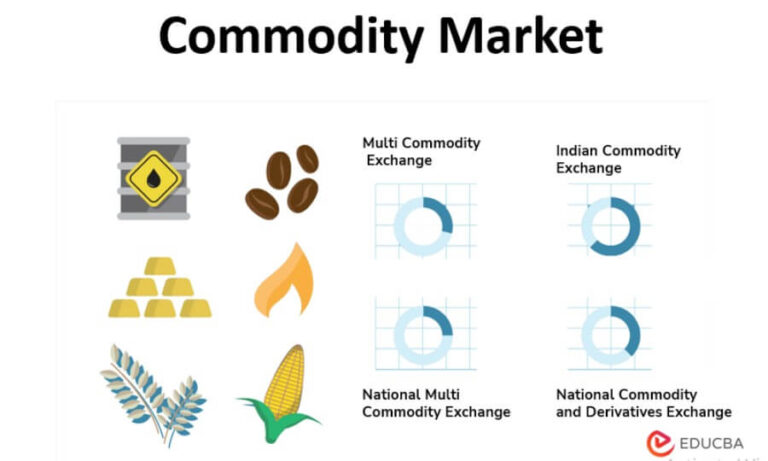PHP Crypto Development: Best Practices and Strategies

The digital era has ushered in a revolutionary form of currency, transforming the landscape of financial transactions across the globe. Cryptocurrency, a digital or virtual form of currency, utilizes cryptography for security, making it challenging to counterfeit. Its decentralized nature, free from the control of governments or financial institutions, presents a plethora of advantages for businesses and individuals alike. Accepting cryptocurrency payments not only broadens the market reach but also reduces transaction fees, enhances transaction speed, and provides an added layer of security.
Contents
Understanding the Basics of Cryptocurrency Transactions
Here’s a simplified overview:
Wallets: Every cryptocurrency transaction begins with a wallet. A cryptocurrency wallet is a digital tool that allows you to store, send, and receive cryptocurrencies. Each wallet has a unique address, similar to a bank account number, which is used to send and receive funds.
Addresses: Cryptocurrency transactions are sent from one wallet address to another. These addresses are alphanumeric strings that represent destinations on the blockchain. It’s essential to ensure you’re sending funds to the correct address, as transactions are irreversible.
Public and Private Keys: Each wallet has a pair of cryptographic keys: a public key and a private key. The public key is like your wallet address and can be shared with others to receive funds. The private key is kept secret and is used to sign transactions, proving ownership of the funds. Anyone with access to your private key can control your funds, so it must be kept secure.
Blockchain: Cryptocurrency transactions are recorded on a public ledger called the blockchain. The blockchain is a decentralized and distributed database that stores all transaction data across a network of computers. Each transaction is grouped into a block and added to the chain in a chronological order. This transparency and immutability ensure the integrity of the transaction history.
Transaction Process: When you initiate a cryptocurrency transaction, you create a digital message containing the recipient’s wallet address, the amount of cryptocurrency you want to send, and any additional information. This message is then signed with your private key to prove authenticity. The transaction is broadcast to the network of nodes (computers) for verification.
Confirmation: Once broadcasted, the transaction needs to be confirmed by miners. Miners are individuals or entities that validate and add transactions to the blockchain by solving complex mathematical puzzles. Once a transaction is verified, it is added to a block and permanently recorded on the blockchain.
Fees: Depending on the cryptocurrency and network congestion, there may be a transaction fee associated with sending cryptocurrency. This fee is paid to miners as an incentive for processing transactions.
Confirmation Time: The time it takes for a transaction to be confirmed varies depending on factors like network congestion, transaction fees, and blockchain consensus mechanisms. In some cases, transactions can be confirmed within minutes, while in others, it may take longer.
Choosing a Cryptocurrency Payment Gateway
Before talking about how to accept cryptocurrency payments php lets start by talking about Selecting the right cryptocurrency payment gateway:
Supported Cryptocurrencies: Different payment gateways support various cryptocurrencies. Ensure the gateway you choose supports the cryptocurrencies you want to accept. Popular options include Bitcoin (BTC), Ethereum (ETH), Litecoin (LTC), and others.
Integration Options: Consider how easily the payment gateway integrates with your existing platform or website. Look for solutions that offer plugins, APIs, or SDKs for seamless integration with your e-commerce platform, content management system, or custom-built website.
Transaction Fees: Compare the transaction fees charged by different payment gateways. Fees can vary based on factors like transaction volume, currency conversion, and withdrawal methods. Choose a gateway with transparent fee structures that align with your business needs.
Security Features: Security is paramount when dealing with cryptocurrency transactions. Look for payment gateways that offer robust security measures such as encryption, two-factor authentication (2FA), and compliance with industry standards like PCI-DSS (Payment Card Industry Data Security Standard).
User Experience: The payment gateway should provide a smooth and intuitive experience for both you and your customers. Consider factors like checkout process simplicity, mobile responsiveness, and customization options to enhance user experience.
Settlement Options: Check the settlement options provided by the payment gateway. Some gateways offer instant fiat currency settlement, while others allow you to hold cryptocurrency or convert it to fiat currency at the time of transaction.
Customer Support: Reliable customer support is essential, especially if you encounter any issues with transactions or technical integration. Choose a payment gateway that offers responsive customer support through multiple channels like email, phone, or live chat.
Reputation and Reliability: Research the reputation and track record of the payment gateway provider. Look for reviews, testimonials, and case studies from other businesses to gauge reliability and customer satisfaction.
Compliance and Regulations: Ensure that the payment gateway complies with relevant regulations and legal requirements in your jurisdiction. This includes KYC (Know Your Customer) procedures, AML (Anti-Money Laundering) regulations, and tax compliance.
Scalability and Flexibility: Consider your future growth plans when selecting a payment gateway. Choose a solution that can scale with your business and accommodate increased transaction volumes, additional cryptocurrencies, and evolving market trends.
The integration of cryptocurrency payments into your PHP-based platform heralds a new era of financial transactions characterized by enhanced security, lower transaction fees, and access to a global customer base. The journey from understanding the foundational aspects of cryptocurrency transactions to the actual implementation and testing phases requires diligence, technical acumen, and a keen eye for security and compliance with legal standards.





